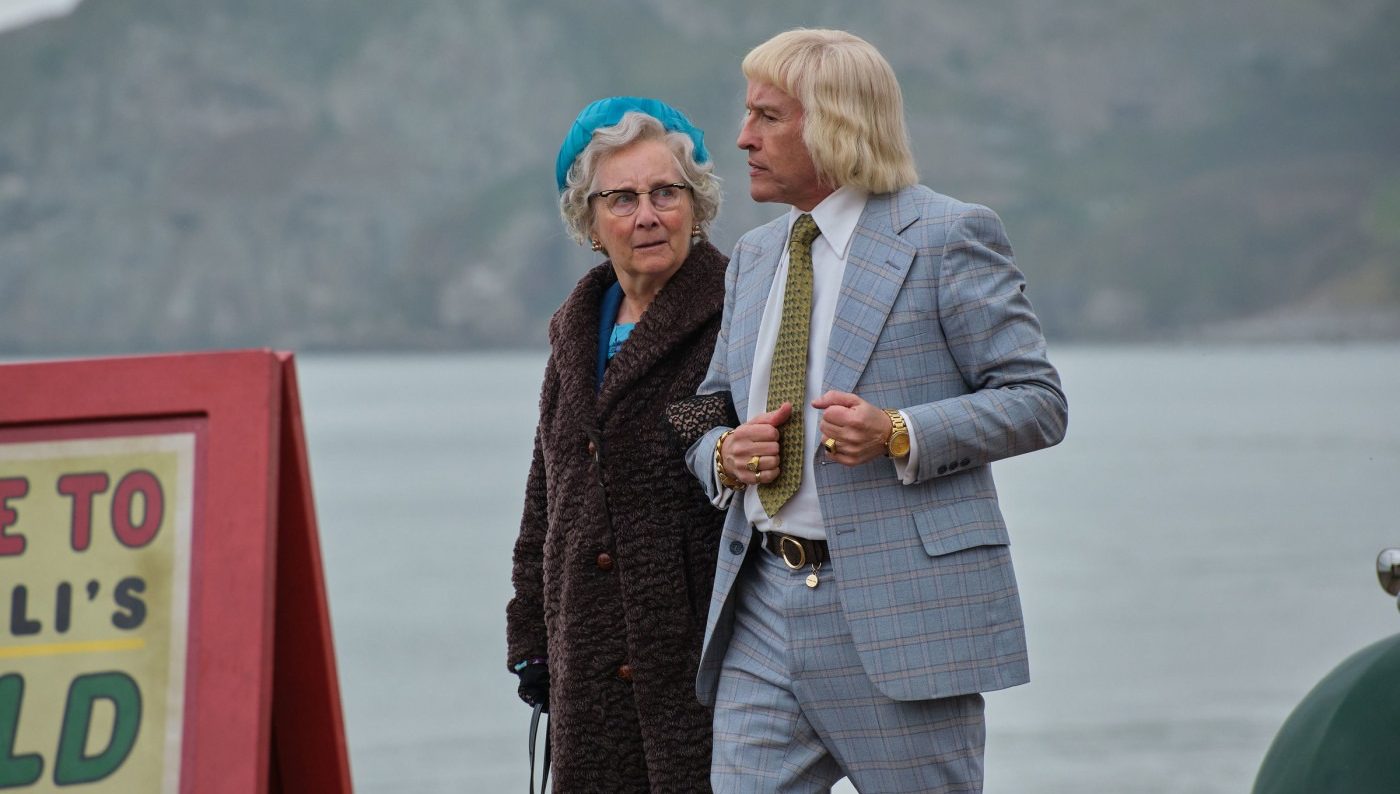The Reckoning: was BBC’s Savile drama worth it?
It was one of the most tragic and astonishing scandals of our time. The revelations just over a decade ago that Jimmy Savile, one of Britain’s best-known entertainers, was a paedophile and prolific sexual abuser stunned the nation.
Since then, Savile’s presence in the pantheon of UK television has been totally erased. Jim’ll Fix It will never air again. Episodes of Top of the Pops that feature him are routinely skipped past in repeats. A once ubiquitous and unavoidable presence is now nowhere to be seen.
We are right to be worried about the traumatic impact this could have on survivors. But it is a drama compiled and constructed sensitively
Given this, it is no wonder that a new drama from the BBC that relives the Savile story in all its galling detail has attracted controversy. A review from the Guardian’s Jane Mangan suggested that, while impressive for its dramatic performances, there is a certain threshold to be passed to justify such a programme. And given that The Reckoning fails to add significant new detail, it does not pass such a threshold.
It is also true that the drama is an uncomfortable one for the Beeb. After all, it was its channels that raised Savile to stardom and the position of power from which he perpetrated abuse and manipulation. A controversy over a pulled Newsnight report that threatened to expose the broadcaster toppled its editor and stained the corporation extensively. The title to this one is no coincidence, referring as much to the organisation’s own face-off with this tragedy as anyone else’s.
Does that make The Reckoning unnecessary? Not totally. We are right to be worried about the traumatic impact this could have on survivors. But it is a drama compiled and constructed sensitively. How a man managed to progress to a position in which he became seemingly untouchable, able to simply shrug off and deflect frequent allegations over his conduct, is regaled fully. But where The Reckoning does fail is in its attempts to truly reckon with why Savile did any of this. No one will ever know. Suggesting his charity work functioned as a deflection for his immoral behaviour is perhaps right, and there is no doubt he had a complicated relationship with his mother (who he referred to as ‘the Duchess’). But any attempts to retrieve a buried consciousness fall short, because they only can.
But in parading an evil ghost, it can hope to bury such villainy once and for all. Sometimes, television should make us uncomfortable. And in this case, it mattered
Where critics like Mangan are also correct is in arguing that most already know the Savile story pretty well. The Reckoning may at times function like a documentary, featuring regular clips from real-life survivors. But its didactic purpose is undoubtedly limited. There may be new emphases on the Savile scandal in the drama, with new characters made well-known to audiences. But the fundamental tenets of the tale remain unchanged.
But in spite of all of this, there is something about The Reckoning that feels powerful. Steve Coogan’s portrayal of Savile is scarily accurate. The actor may well be better known for his comic turns, but he is a deadly serious dramatic actor who totally embodies the presenter in this piece. It must be one of the toughest possible roles in a TV drama, but in portraying this ghastly character, Coogan got it totally right.
And although everyone would hope that such a cover-up would not again be possible, this BBC offering has a very simple message: never again. Never again must power impede the truth. Never again must a person, however seemingly charismatic or charitable, be allowed such runaway access to British institutions or vulnerable people. The Reckoning cannot make amends for any of Savile’s breaches or crimes. But in parading an evil ghost, it can hope to bury such villainy once and for all. Sometimes, television should make us uncomfortable. And in this case, it mattered.

Comments